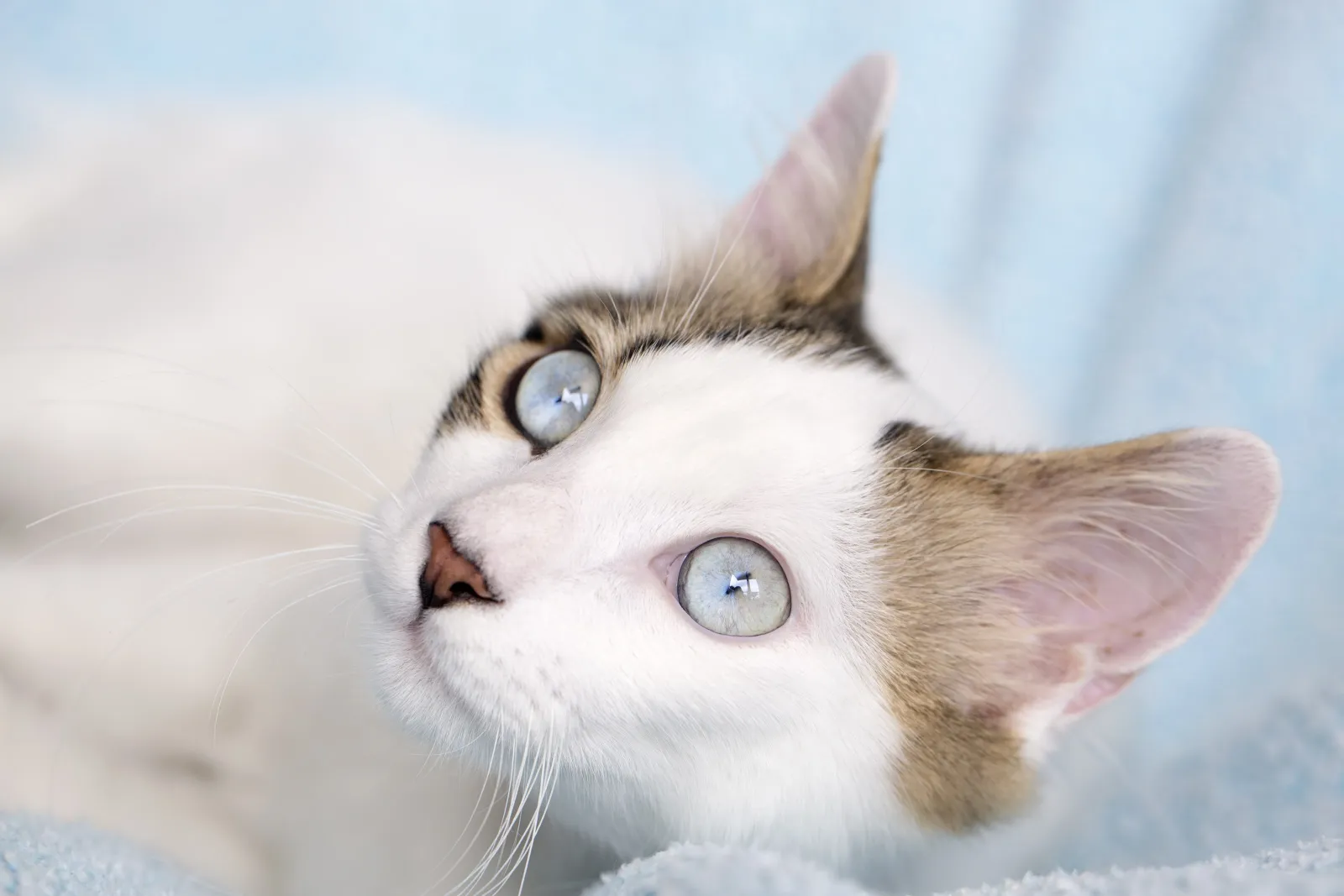How to Tell if Your Cat Has Cataracts?
Cats, known for their keen senses and independent nature, can face health challenges just like any other living being—despite being known for having nine lives! One common issue that cat owners should be aware of is feline cataracts. These cloudy formations in the lenses of a cat's eyes can affect their vision and overall well-being.

Feline cataracts are opacities that develop in the lenses of a cat's eyes, obstructing the passage of light and causing a gradual decline in vision. While feline cataracts are often associated with getting older, they can also result from various factors such as genetics, diabetes, or injury. It's crucial to be observant to detect potential issues early.
Cat Cataract Symptoms
Recognizing the potential symptoms of feline cataracts is necessary for timely intervention. Cats adept at hiding discomfort may not always display obvious signs. However, observant owners may notice changes in their cat's behavior and appearance. Some common symptoms of feline cataracts include:
- Cloudy Eyes: The most apparent sign is the cloudiness in the cat's eyes. This clouding may start as a small, subtle change but can progress, significantly affecting the cat's vision.
- Bumping into Objects: Cats with cataracts may start bumping into furniture or other objects due to impaired depth perception.
- Change in Pupil Color: The color of the cat's pupils may change, appearing bluish or cloudy if feline cataracts are present.
- Decreased Night Vision: Cats are known for exceptional night vision. If you notice your cat struggling in low-light conditions, it could be one of the cat cataract symptoms.
Feline cataracts can be one of the causes of cat blindness. Understanding the causes of cat blindness is essential for addressing the root of the problem. Feline cataracts can be attributed to various factors. One of the primary ones is age. Senior cats are more susceptible to developing cataracts as the lenses in their eyes undergo natural changes over time.
Genetics can be another cause. Some cat breeds are genetically predisposed to developing cataracts. Regular visits to a veterinarian can help identify potential genetic risks. Illness, trauma, or diabetes can also be to blame.
Cats that have diabetes face an elevated risk of developing cataracts. Maintaining proper blood sugar levels through a balanced diet and medication can help mitigate this risk. Cataracts can arise from physical trauma or injury to the eyes. Immediate veterinary attention is needed in such cases to prevent complications.
When Is It Time to See a Cat Eye Specialist?
When it comes to addressing feline cataracts, seeking the expertise of a cat eye specialist is crucial. These professionals, often veterinary ophthalmologists, specialize in diagnosing and treating eye conditions in cats. Here's why consulting a cat eye specialist is essential:
- Accurate Diagnosis: Cat eye specialists possess the expertise and necessary tools to precisely diagnose the severity of cataracts and identify any underlying issues.
- Tailored Treatment Plans: After conducting a diagnosis, a cat eye specialist can formulate a personalized treatment plan, considering factors such as the cat's age, overall health, and the extent of cataracts.
- Surgical Intervention: In some scenarios, surgical intervention may be recommended to remove or address the cataracts. Cat eye specialists are trained to perform these procedures with precision.
- Ongoing Monitoring: Post-treatment, regular check-ups with a cat eye specialist are essential to monitor the cat's eye health and promptly address potential complications.
Paying attention to cat cataract symptoms and understanding the causes of cat blindness are crucial steps for cat owners. Feline cataracts, while challenging, can be managed with timely intervention. Consulting a cat eye specialist ensures accurate diagnosis, tailored treatment plans, and ongoing monitoring for your feline friend. By staying informed and proactive, cat owners can contribute to maintaining their cats' quality of life and visual well-being. If you have any questions or need your cat to see a vet, schedule an appointment with us today.


